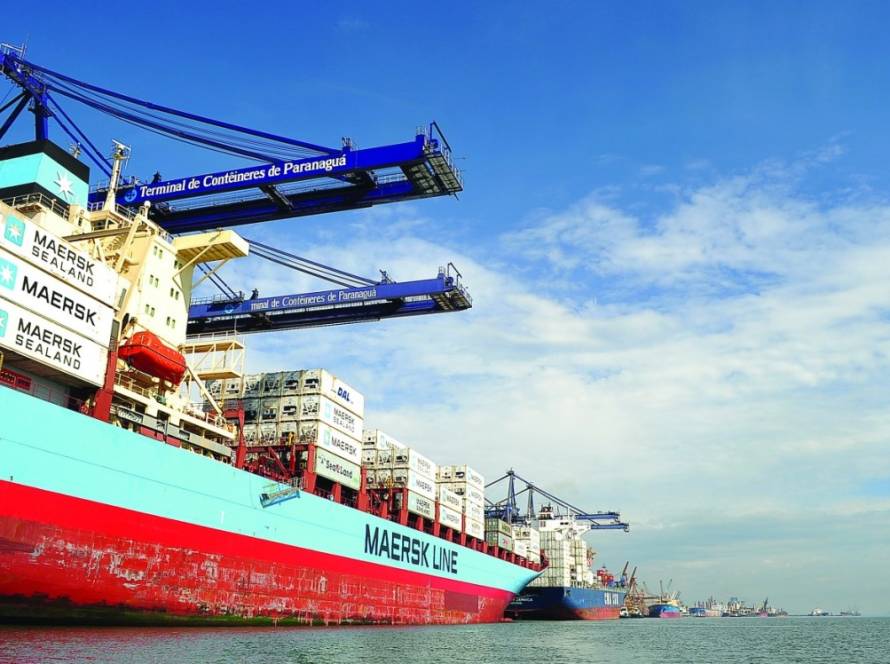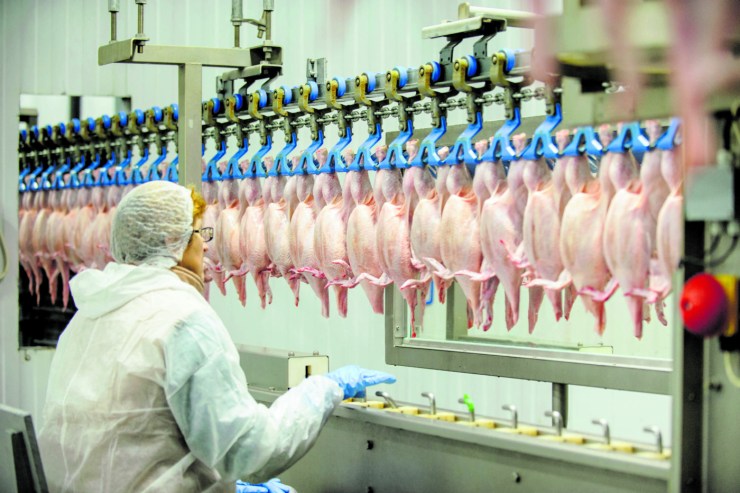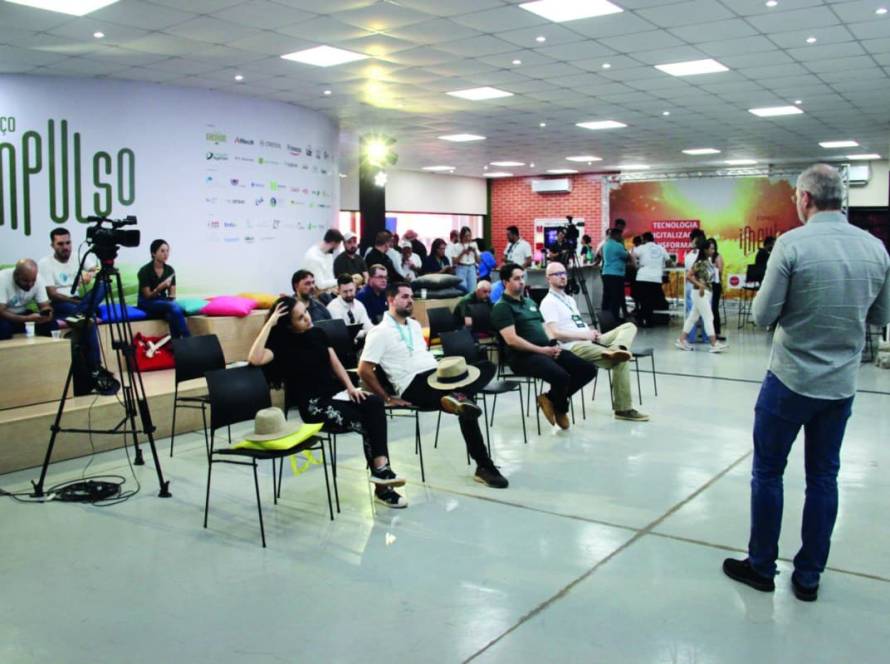The 50% surcharge imposed by the United States on Brazilian products, announced by the White House on Wednesday (10) and valid from August 1, shows the vulnerability of the country's exports to external decisions and, at the same time, highlights the risks of internal measures that could further aggravate this scenario.
For the National Union of Federal Agricultural Auditors (Anffa Sindical), in addition to the tariff hike, the regulation of the Self-Control Law, which paves the way for the privatization of health inspections, represents a concrete threat to Brazil's credibility in the international market.

Photo: Jonathan Campos
The Ministry of Agriculture and Livestock (MAPA)'s proposal provides for the accreditation of legal entities to perform technical and operational agricultural protection activities, including ante-mortem and post-mortem inspections of animals, which are essential to ensuring the safety of food consumed. In practice, meatpacking plants will be able to hire private companies to conduct inspections that should be impartial and conducted by public officials. According to Anffa, this constitutes a serious conflict of interest and poses significant risks to global public health.
According to the union, transferring agricultural inspection from the public sector to private companies will generate distrust in the 157 countries that currently import Brazilian animal protein. In the United States, for example, the activity is conducted by the state, as the country recognizes the risks of impartial inspections and emphasizes the need for this function to be handled by independent professionals committed to the public interest, not commercial or production goals.
"By relinquishing public control over the sanitary quality of products, Brazil signals insecurity and institutional fragility in one of the most strategic sectors of our economy. This could cause irreversible damage to the country's image and put the health of millions of consumers worldwide at risk," says Janus Pablo Macedo, president of Anffa Sindical.

Photo: Disclosure/OPR Archive
The union criticizes the Brazilian government's handling of the project and warns that the proposal runs counter to the demands of international markets, which are increasingly stringent regarding traceability and impartial, technical inspection of food production. Furthermore, Anffa Sindical has already reported the project to the Federal Public Prosecutor's Office (MPF), believing it compromises health safety and violates constitutional principles. "It's not just about defending the interests of public servants, but also about preserving Brazil's most valuable asset in foreign trade: trust in its health standards. The interests of the productive sector cannot override the population's basic need to consume reliable, high-quality food," concludes the union president.
Across the country, federal agricultural inspectors remain mobilized against the MAPA plan. Professionals in the field rule out more severe measures, such as strikes and legal action, to prevent the dismantling of inspections.




